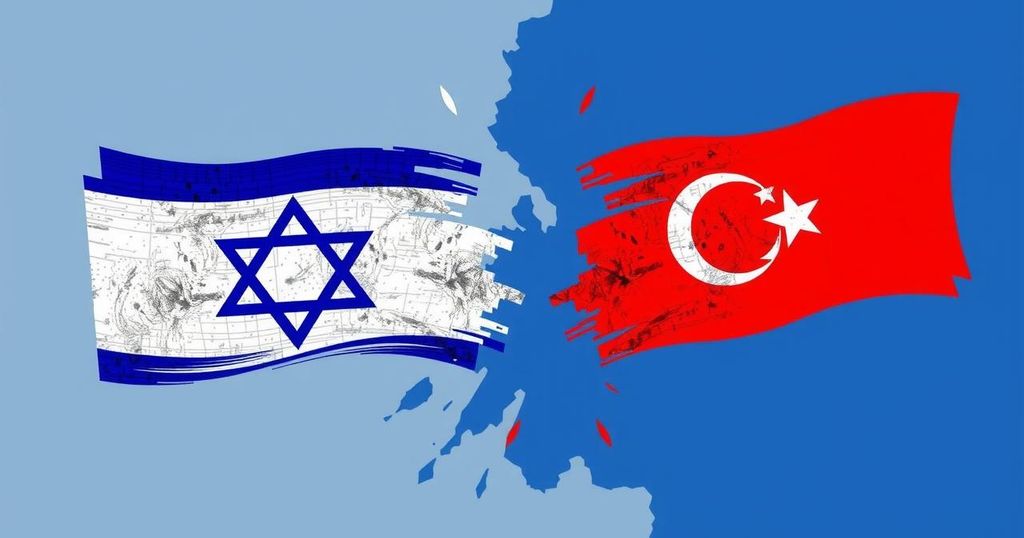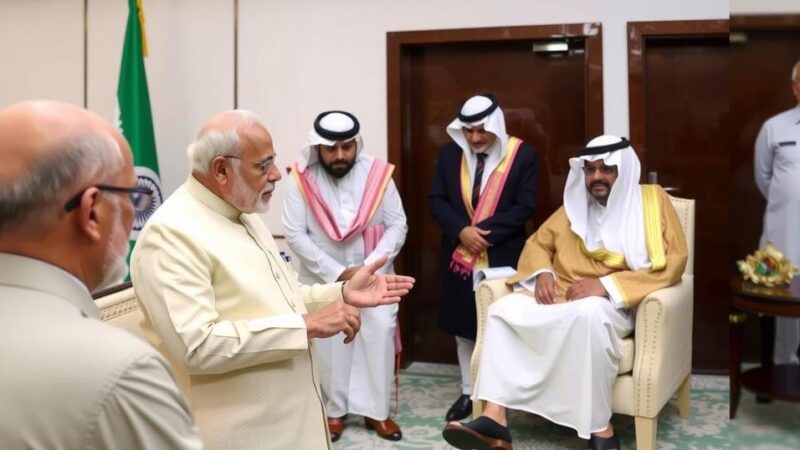President Isaac Herzog canceled his trip to Azerbaijan for the COP29 climate conference due to Turkey’s ban on Israeli flights. Initial reports attributed the cancellation to security concerns related to Iran. Herzog previously lauded the Israel-Azerbaijan relationship, which includes cooperation in multiple sectors, especially after Azerbaijan established an embassy in Israel earlier this year.
President Isaac Herzog has decided to cancel his upcoming trip to Azerbaijan, a decision attributed to Turkey’s ban on Israeli aircraft from entering its airspace, as reported by the Azerbaijani news outlet Caliber. This cancellation affects Herzog’s planned participation in the COP29 climate conference scheduled for November 20, which he was set to attend alongside global leaders. Initial reactions from Israeli media suggested that the trip’s cancellation stemmed from security concerns related to Azerbaijan’s proximity to Iran. In a recent reception hosted by President Herzog for the Israeli delegation heading to Baku for the climate conference, he underscored Israel’s proactive stance on climate issues and expressed pride in his country’s role in promoting environmental action. Herzog’s prior visit to Baku in May 2022 emphasized the robust and multifaceted relationship between Israel and Azerbaijan, highlighting not only defense ties but also cooperation in trade, tourism, and energy sectors. This relationship was further solidified when Azerbaijan became the first Shia Muslim nation to establish an embassy in Israel in March 2023. The developments surrounding Herzog’s trip illustrate the complex geopolitical dynamics at play, particularly regarding regional security and international relations.
The relationship between Israel and Azerbaijan has historically been strong, characterized by strategic partnerships encompassing various sectors, including defense, trade, and energy. Azerbaijan’s geographical position, bordering Iran, adds a layer of complexity to its foreign relations, particularly with Israel. The recent prohibition of Israeli aircraft flying through Turkish airspace reflects broader geopolitical tensions and illustrates how such dynamics can influence diplomatic engagements and events like international climate conferences. President Herzog’s previous engagements with Azerbaijan indicate a commitment to fostering this partnership, suggesting that the cancellation of the trip is a significant diplomatic event that could affect future relations. The acknowledgment of climate change highlights Israel’s willingness to collaborate internationally on pressing global issues, despite local challenges.
The cancellation of President Herzog’s visit to Azerbaijan underscores the intricate interplay between geopolitical considerations and international diplomacy. The Turkish ban on Israeli aircraft highlights larger regional tensions, particularly with Iran in the backdrop. Despite the setback, the existing robust relationship between Israel and Azerbaijan, evident through previous diplomatic engagements, indicates a continued dedication to collaboration, particularly in addressing significant issues like climate change.
Original Source: www.jpost.com







